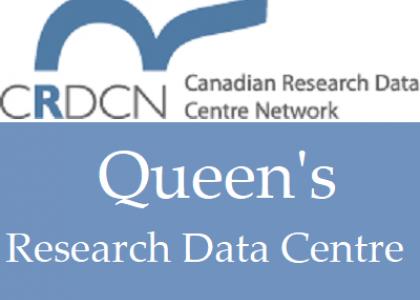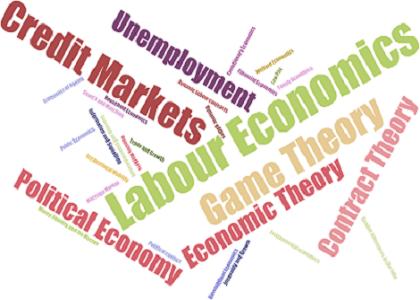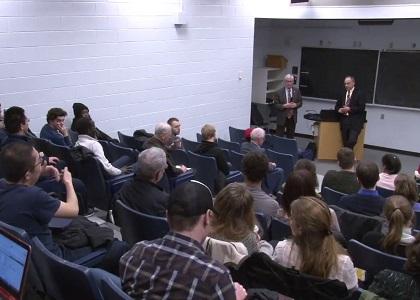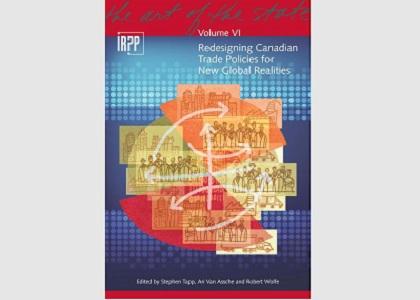Affiliation: MIT
Recent QED Working Papers
Events
Research, Public Lecture
Affiliation: Johns Hopkins Whiting School of Engineering
Title: Can AI be Governed?
Click here for poster.
Public Lecture
Affiliation: Johns Hopkins Whiting School of Engineering.
Title: "An Economy of AI Agents".






